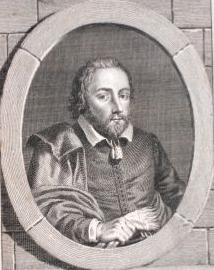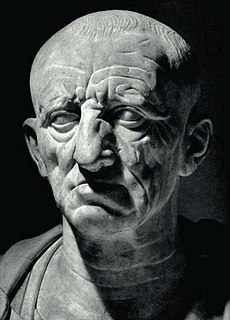A Quote by Philip Massinger
Though the desire of fame be the last weakness Wise men put off.
Related Quotes
I have found strength where one does not look for it: in simple, mild, and pleasant people, without the least desire to rule -- and, conversely, the desire to rule has often appeared to me a sign of inward weakness: they fear their own slave soul and shroud it in a royal cloak (in the end, they still become the slaves of their followers, their fame, etc.)
Publicity in women is detestable. Anonymity runs in their blood. The desire to be veiled still possesses them. They are not even now as concerned about the health of their fame as men are, and, speaking generally, will pass a tombstone or a signpost without feeling an irresistible desire to cut their names on it.
The argument of Alcidamas: Everyone honours the wise. Thus the Parians have honoured Archilochus, in spite of his bitter tongue; the Chians Homer, though he was not their countryman; the Mytilenaeans Sappho, though she was a woman; the Lacedaemonians actually made Chilon a member of their senate, though they are the least literary of men; the inhabitants of Lampsacus gave public burial to Anaxagoras, though he was an alien, and honour him even to this day.



































